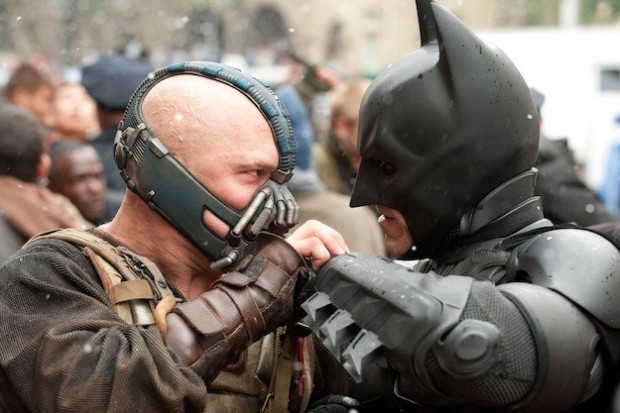Sherlock review

Let's play a little game of guess the TV show. It's a BBC production that updates an old character, repackaged as prime time family entertainment. It has a young, up and coming actor in the lead role, who becomes embroiled in weekly adventures and is often at logger-heads with the people around him due to his unusual, some might say alien, behaviour. Oh, and he always has his sidekick with him, and the two share something of a 'will-they, won't-they' romance.
Given the title of this blog post there is no grand prize for guessing the correct answer but there is no denying that this is hardly groundbreaking territory for current Doctor Who show runner, and joint mastermind behind the new Sherlock, Steven Moffat. Not content with wowing critics once already this year, Moffat (along with League of Gentlemen star Mark Gatiss) has bought Sherlock Holmes bang up to date in the 21st Century, a move that works surprisingly well given Holmes' Victorian origins. A few neat tweaks aside, such as an affinity for texting, Holmes is largely the same rascally detective as ever, his deductive logic still his greatest asset.
Played by Benedict Cumberbatch as a 'high-achieving sociopath', Holmes comes across as a highly caffeinated version of Hugh Laurie's House, all self belief with zero empathy for others. Cumberbatch has been an interesting actor for a while now, his appearance in 2007's Atonement being his highest profile part before Sherlock. As fascinating as he is to watch, he's a difficult character to warm to, which is why John Watson is so necessary to complete the double act. Played with brilliant reserve by Martin Freeman, Watson 2010 is the heart of the show, and his dialogue with Holmes provides much of the comedy in a frequently very funny show.
With the casting so spot on, it's a shame that the scripts never really delivered a mystery worthy of our detectives investigations. The first episode, A Study in Pink, worked best because it was the most focused, even if the ending proved a bit muddled. Follow up episode The Blind Banker was a mess, throwing Chinese triads into a story that felt like a series of un-related set pieces thrown together (the only episode not to be directed by Paul McGuigan, interestingly). Series finale The Great Game was an improvement but had so many, ultimately redundant, mysteries to solve before the end that it became hard to care what was happening.
Then there was the big reveal of Moriarty at the end. Andrew Scott was clearly trying to create a villain that was truly unhinged, a nice contrast to the stuffy professors of old. Sadly Scott came across more like a smug, petulant child who resembled Ant and / or Dec a little too closely. An earlier twist that led the viewer to believe that Watson had been Moriarty all along would have been both more interesting and carried far more dramatic weight, even if it would have left the writers with the unenviable task of re-casting a new sidekick next series.
So a show with promise, then. Given the ratings success hopefully more time will be spent crafting some interesting stories for the next series which, coupled with the strong foundations of these three episodes, should prove for some great television.


Comments
Post a Comment